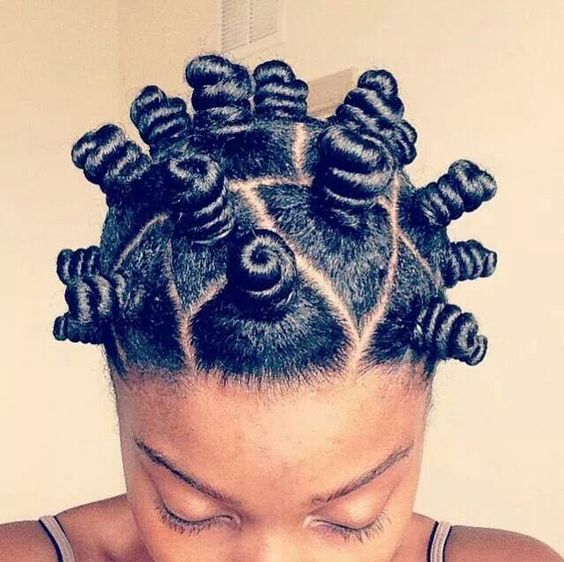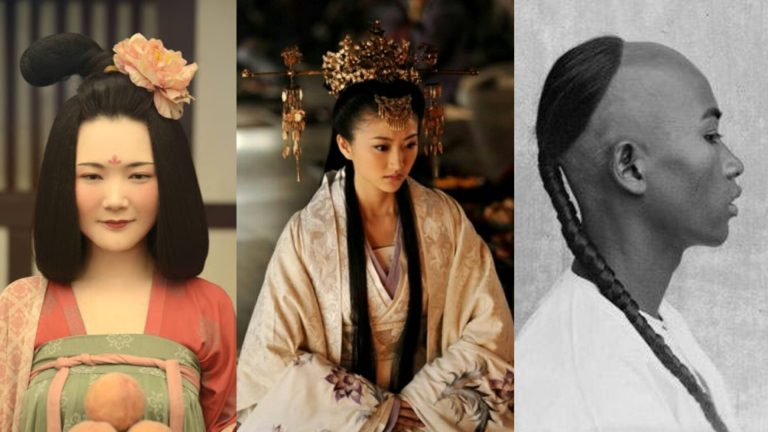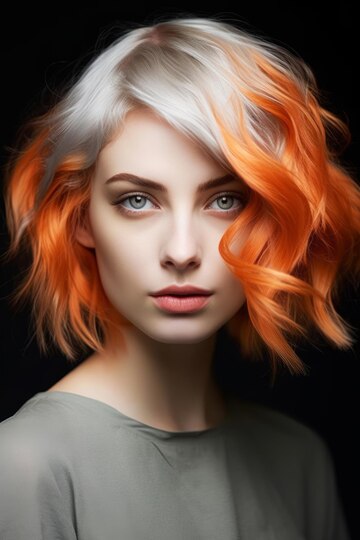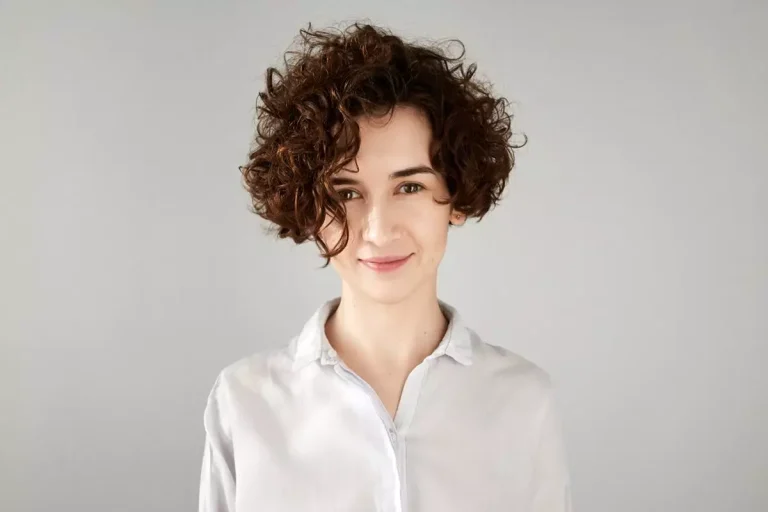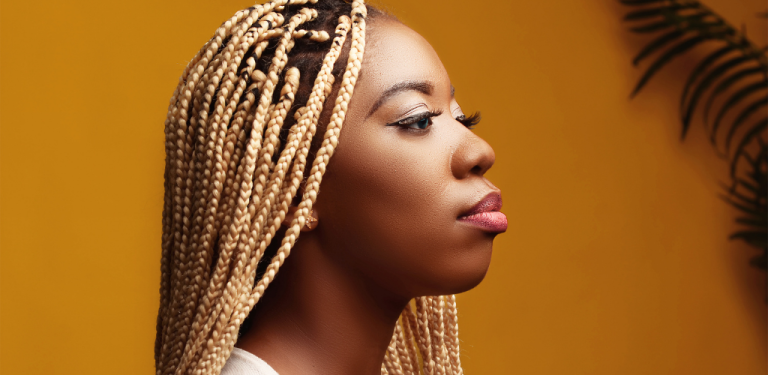Is it Haram to Dye Your Hair Black in Islam?
Muslims who wish to dye their hair often wonder about the Islamic ruling regarding black hair dye. Is it haram (forbidden) to dye your hair black in Islam? There are various perspectives on this issue based on different interpretations of the Quran and sunnah.
In this blog post, we will explore what Islam says about black hair dye for both men and women.
What Does “Haram” Mean in Islam?
Contents
- What Does “Haram” Mean in Islam?
- Primary Islamic Sources on Black Hair Dye
- Opinions of Islamic Scholars on Black Hair Dye Being Haram
- Opinions on Women Dyeing Hair Black in Islam
- Are there exceptions to allow black hair dye?
- FAQs
- Is it haram to dye your hair black in Islam?
- Why is it haram to dye your hair black in Islam?
- Is it haram for both men and women to dye their hair black?
- Can you use henna to dye your hair black?
- What are some permitted hair dye colors in Islam?
- Can you transition from black-dyed hair to a natural gray look?
- Is hair bleaching permissible to go from black to blonde?
- Are there any conditions under which black hair dye is permissible?
- Is spray-on temporary black hair dye permissible?
- Can you use markers, mascara, or Sharpie pens to color your hair black?
- Conclusion: Gradual Phasing Out May Be Best
In Arabic, the word “haram” refers to anything forbidden or prohibited according to Islamic law. Acts that are considered haram are typically very clearly outlined in the religious texts of the Quran and sunnah (teachings, sayings, and traditions of the Prophet Muhammad (PBUH)).
If something is deemed haram, Muslims must avoid it completely in order to remain righteous and obedient to Allah (God). Other examples of things considered forbidden include drinking alcohol, eating pork, adultery, dishonesty, etc.
So does black hair dye fall under this category of prohibition in Islam?
Primary Islamic Sources on Black Hair Dye
The main references to black hair dye in Islam come from a few hadiths (reports of words, actions, or habits of the Prophet Muhammad (PBUH)).
Jabir bin Abdullah narrated one significant hadith on this subject. It states:
“The Messenger of Allah saw Abu Quhafa (the father of Abu Bakr As-Siddiq) wearing two dark garments, so he said: ‘Do not adopt punishment for your father (i.e. dress him in black).’ So Abu Bakr brought another garment which was light colored and dressed him in it on one side and the other side was dressed in black.”
Based on this, we see that the Prophet Muhammad advised Abu Bakr’s aging father not to wear black garments, as this color symbolized punishment or bad luck.
In another hadith from Jaabir ibn ‘Abdullah:
“Abu Quhaafah was brought on the day of the conquest of Makkah, and his head and beard were white like “thaghaamah” (a plant whose flowers and fruit are white). The Messenger of Allah (Peace & Blessings of Allah be upon Him) said: “Change this with something, but avoid black.”
Again, this demonstrates the Prophet telling someone not to dye his white hair black and instead to choose another color to dye it.
These primary Islamic sources demonstrate that the Prophet Muhammad (PBUH) forbade the use of black dye because it had unfavorable symbolism and associations for the Muslim community at the time. But does this mean all black hair dye is absolutely haram for Muslims today?
Opinions of Islamic Scholars on Black Hair Dye Being Haram
Prominent Islamic religious scholars have conducted thorough research and analysis on whether black hair dye should be considered categorically haram in Islam. The consensus is that there is some basis for prohibition, but there are differences of opinion about whether it applies in all cases.
For example, Ibn ‘Abbas said:
“The Messenger of Allah (Peace & Blessings of Allah be upon Him) said: ‘At the end of time there will be people who will dye their hair black like the crops of pigeons. They will never even smell the fragrance of Paradise.” (reported by Imam Ahmad, see also Saheeh al-Jaami‘, no. 8153).”
This does indicate that dying hair black has some negative connotations, according to Sunnah. But other scholars point out that the context is that people are doing it deliberately for misguided reasons or pride.
Therefore, most Islamic experts and religious bodies conclude that black hair dye is makruh tahrimi (highly disliked and disapproved) based on it, contradicting the teachings of sunnah.
But many do not go as far as saying it is outright haram, except for particular situations where it is done intentionally to manipulate appearance or resemble non-believers. There are differences in rulings on this point.
Opinions on Women Dyeing Hair Black in Islam
What about Muslim women wanting to look younger and hide gray hairs? Does the regulation apply more strictly to women dying their hair black?
The reasons and conditions matter significantly. Most experts do allow both men and women to dye gray hair with other natural colors to avoid an aging look. But black continues to be avoided because the Prophet Muhammad (PBUH) directly addressed changing white hair to black unfavorably.
This does not necessarily prohibit black hair dye for blonde or light brown hair. But again, any artificial coloring should avoid deception or misrepresentation according to Islamic values. Vanity and pride through manipulation of appearance do violate religious principles.
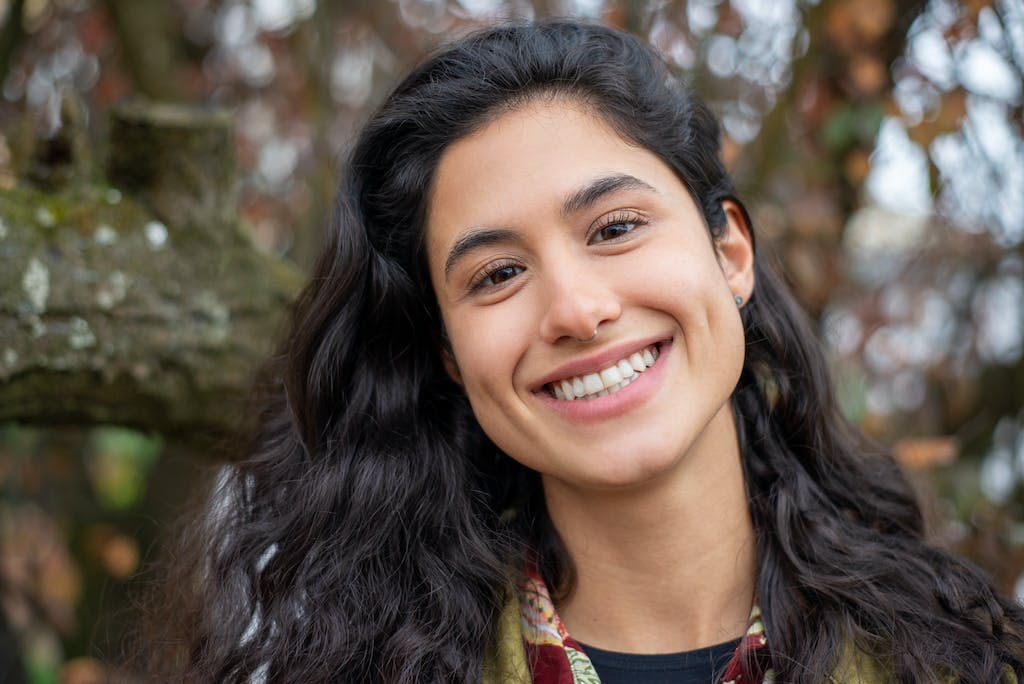
Are there exceptions to allow black hair dye?
A small number of conservative scholars insist all black hair dye is haram because the original hadiths and sayings never made exceptions.
However, the predominant view in Islam is that black dye can be permissible in certain situations when not done for reasons explicitly prohibited. For example:
- Men dyeing their beards black to look younger for a new wife is likely forbidden. But a man hiding some gray hairs to avoid looking much older than his wife may be allowed by some. Here, the aim is not negative vanity or intentional deception.
- A woman dyeing gray roots with an overall black hair color, mainly for simplicity and practical reasons, is likely fine. But dyeing hair black to misrepresent age or compete with other women crosses lines of excessiveness and deception that violate Islamic ethics.
- Using black plant-based dyes rather than artificial chemicals is generally viewed more favorably, though still contentious.
There are many other examples where the avoidance of black dye is advisable but not absolutely mandatory, according to various Islamic scholars and halal regulation boards.
In the end, there are reasonable arguments for permitting black hair dye selectively. But more conservative Muslims choose to avoid it altogether based on a surface-level interpretation of texts discouraging blackness.
FAQs
Is it haram to dye your hair black in Islam?
Yes, most Islamic scholars agree that it is haram (forbidden) to dye one’s hair black in Islam. This ruling comes from hadiths in which the Prophet Muhammad (PBUH) advises against dying hair black.
Why is it haram to dye your hair black in Islam?
Scholars give a few reasons why black hair dye is prohibited:
- The Prophet Muhammad (PBUH) directly discouraged dying hair black on several occasions. This alone establishes its impermissibility.
- Black dye can be used for deception and misrepresentation of one’s true appearance. Islam prohibits such manipulation of physical features.
- Dyeing hair black to cover up gray hairs is considered disguising one’s age, which goes against Islamic ethics on honesty.
- Historically, black hair dye had negative cultural connotations and symbolized grief or bad luck in Arab society.
Is it haram for both men and women to dye their hair black?
Yes, scholarly consensus finds the prohibition applies equally to both Muslim men and women dyeing their hair black. The hadiths do not specify gender.
Can you use henna to dye your hair black?
Pure, natural henna typically produces an orange or red dye rather than a black one. However, some modern chemical compounds added to henna mixtures can create darker shades bordering on black. Most scholars advise avoiding these as uncertainty remains over the resulting color.
What are some permitted hair dye colors in Islam?
Colors considered permissible include henna (red or orange), brown, blonde, gray coverage, and muted black alternatives like dark brown or soft black with other mixes.
Can you transition from black-dyed hair to a natural gray look?
Yes, some Islamic experts advise gradually transitioning black-dyed hair to more natural shades when feasible. This avoids an abrupt, misleading change in appearance. The goal aligns with Islamic ethics on honesty while rectifying an impermissible prior practice.
Is hair bleaching permissible to go from black to blonde?
Bleaching black hair to reach blonde shades poses risks of hair damage and misrepresentation. But when done properly and gradually, some Islamic scholars permit it to reverse an impermissible prior dye job, especially with the intent to stop dyeing hair going forward.
Are there any conditions under which black hair dye is permissible?
A small minority of conservative scholars argue that black dye is absolutely prohibited with no exceptions. However, the majority view is that exceptions do exist, such as dyeing new gray roots to match an existing black color temporarily until transitioning to natural gray is feasible. Intent and necessity matter in determining exceptions. But caution is urged.
Is spray-on temporary black hair dye permissible?
Most experts discourage temporary black sprays due to the risks of creeping into more permanent dyeing. And even temporary applications symbolically conflict with Islamic ethics. However, very short-term usage, such as for costume parties, may fall into exceptions depending on intentions and necessity.
Can you use markers, mascara, or Sharpie pens to color your hair black?
No, using skin decorations like markers and make-up to color hair black, even temporarily, risks enabling more permanent dyeing later. It also conflicts with the spirit of Islamic teaching to avoid black hair dye.
Conclusion: Gradual Phasing Out May Be Best
At this point, the mainstream consensus recognizes that black hair dye is makruh (disliked and unfavorable), according to a holistic evaluation of Islamic scripture and scholarship. A complete prohibition is difficult to justify outright.
But just because something may be halal (permissible) does not mean it is ethical or aligned with values like humility, honesty, and sincerity promoted in Islam.
My personal stance is that black hair dye should be phased out gradually in the community instead of an outright ban. Muslims should be educated on the basis of discouragement from sunnah and connotations of deception risks. Then worshippers can make informed decisions accordingly on whether to avoid black dye completely or utilize it mindfully in certain cases where ethical lines are maintained.
Temporary exceptions do not invalidate the Prophet Muhammad’s (PBUH) general rule against using black hair dye in order to maintain purity of appearance and intention. Through respectful dialogue and teaching within the Muslim community, the practice can potentially fade away on its own, given its unfavorable associations promoted by Islam.
I hope this breakdown helps explain the Islamic viewpoint on whether it is haram to dye your hair black or not. Please feel free to ask follow-up questions in the comments!

Founded by Sophia Rodriguez, IGXO Cosmetics is a PETA-certified, cruelty-free, and vegan makeup brand.
